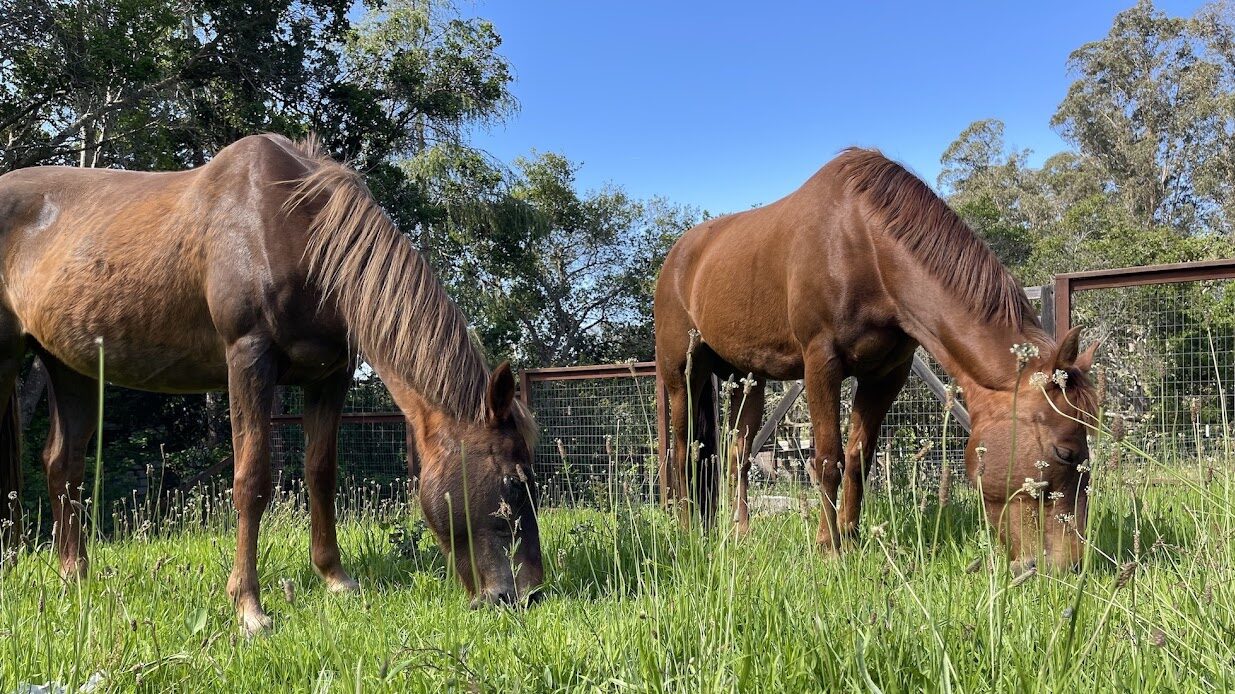Horses experience burnout, similar to humans. Burnout in horses can manifest as physical exhaustion, stress, and behavioral changes.
Signs of burnout in horses may include:
- Decreased performance and reluctance to work
- Changes in behavior, such as increased aggression or withdrawal
- Physical signs of stress, such as weight loss or a dull coat
- Reluctance to be handled or saddled
To prevent burnout, it is essential to provide horses with adequate rest, a varied and stimulating environment, enriching routines, and social interaction with other horses.
Common causes of burnout in horses include:
- Overwork: Excessive physical activity without adequate rest can lead to physical and mental exhaustion.
- Monotony: Repetitive training routines and lack of variety in their activities can cause boredom and frustration.
- Boredom: Horses are active animals and can become bored when confined to a stall for long periods without enough mental or physical stimulation.
- Emotional Stress: Changes in environment, separation from familiar companions, or inconsistent handling by humans can lead to stress and anxiety.
- Lack of Social Interaction: Horses are social animals, and lack of interaction with other horses can lead to loneliness and depression.
- Stress or Anxiety: Changes in environment, routine, or social dynamics can cause stress or anxiety, leading to repetitive behaviors as a coping mechanism.
Lack of Exercise: Insufficient physical activity can lead to pent-up energy, which may be expressed through repetitive behaviors.

